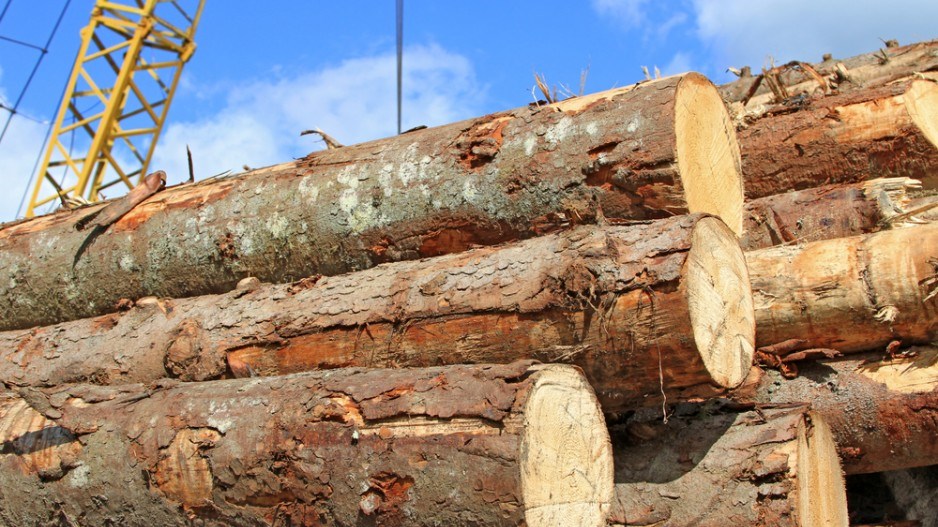B.C.’s natural resources sector grew 4.6% in 2013, outpacing all the other industries in the province, according to data from Victoria’s 2014 financial and economic review.
It’s a sign, according Stewart Muir, that the resource sector is posed for even more growth as the world’s biggest economies come out of the recession.
The executive director of Resource Works, a non-profit organization researching the impacts of natural resources on the B.C. economy, said much of this growth is due to the re-emergence of the lumber industry.
B.C. has long relied on the U.S. for lumber exports — a trend that was curtailed significantly when the global recession hit.
But softwood product exports went up 9.2% last year while lumber prices jumped 19.7%.
Exports to China increased from 18.3% of B.C. products going to that country in 2012 compared with 19.8% in 2013. Much of that came from a 30.6% increase in softwood lumber going to China.
“We’ve got the Asia-Pacific (market) rising but the U.S. coming back,” said Resource Works co-founder Stewart Muir.
“The evidence is we have really now emerged fully from the shadow of the 2007-2008 global recession in natural resources.”
The government data showed sectors such as agriculture, forestry, fishing and hunting grew by 3.3%, while mining, and oil and gas extraction went up 5.1%.
Manufacturing, meanwhile, dropped 0.2%.
“The fact is, the way the world is today, manufacturing is not the kind of growth areas we would like it to be,” Muir said.
“The growth area we know we have in natural resources is one of the bright lights of the economy.”
He added the biggest challenge for B.C.’s economy is finding the right balance when it comes to business development and environmental concerns.




